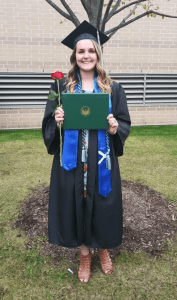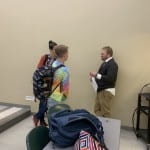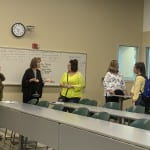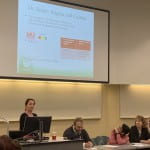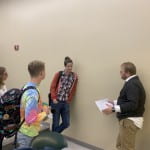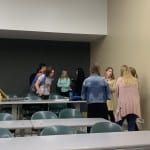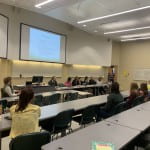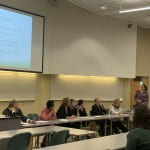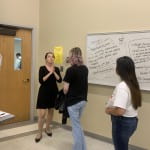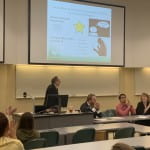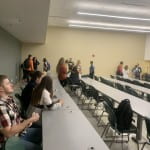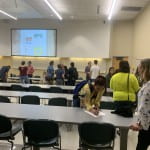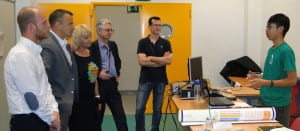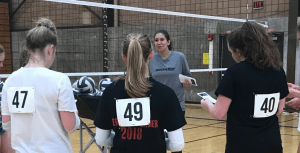 Do you have powerful ideas that are worth spreading? If so, here’s an opportunity to share those ideas as a PSI Talk! The UWGB Psychology Program would like to invite you to apply to do a short, 8 to 10 minute, presentation on an aspect of psychology as part of PSI Talks, an event we are hosting on March 3, 2020 at 7:00pm. This event will include several engaging and thought provoking student presentations, followed by a reception. See video of last year’s talks here.
Do you have powerful ideas that are worth spreading? If so, here’s an opportunity to share those ideas as a PSI Talk! The UWGB Psychology Program would like to invite you to apply to do a short, 8 to 10 minute, presentation on an aspect of psychology as part of PSI Talks, an event we are hosting on March 3, 2020 at 7:00pm. This event will include several engaging and thought provoking student presentations, followed by a reception. See video of last year’s talks here.
Possible topic areas for talks might include:
- a meaningful personal experience you have had that can be connected to psychological concepts
- service you have done for the community or on campus that is connected to your psychology education (e.g., an internship or volunteer experience)
- a way that you use psychology in your work or your career
- a review of a psychological concept or literature and how it is relevant to everyday life
- original research you have conducted as a Research Assistant, Honors Student, or in class
The PSI Talks Will Be Held On Wednesday, March 3th, 2020 at 7:00pm in Fort Howard Hall of the Weidner Center.
To be considered, you must:
- be a UW-Green Bay Psychology major or a graduate of the UW-Green Bay Psychology program,
- submit a 200-word abstract describing your talk, and
- provide the name of a UW-Green Bay Psychology faculty member who would be willing to endorse your talk and supervise your talk if you are selected.
- not have given a talk at the 2017 PSI Talks.
Please email the information below to Dr. Jason Cowell (cowellj@uwgb.edu) by 8:00 pm on Sunday December 1st. We will then select semi-finalists who will meet with the selection committee for a brief interview the week of the December 9th. The final presenters will be identified and notified that week.
PSI Talk Proposal
Name:
Email Address:
Title of Your Talk (does not need to be final):
Type of Talk (check one):
- __ a meaningful personal experience you have had that can be connected to psychological concepts
- __ service you have done for the community or on campus that is connected to your psychology education (e.g., an internship or volunteer experience)
- __ a way that you use psychology in your work or your career.
- __ a review of a psychological concept or literature and how it is relevant to everyday life
- __ original research you have conducted as a Research Assistant, Honors Student, or in class
Abstract: Please describe the talk you would like to do in 200 words or less, making it clear how it connects to Psychology.
Faculty Sponsor (Please make sure to ask him or her before submitting the form):
